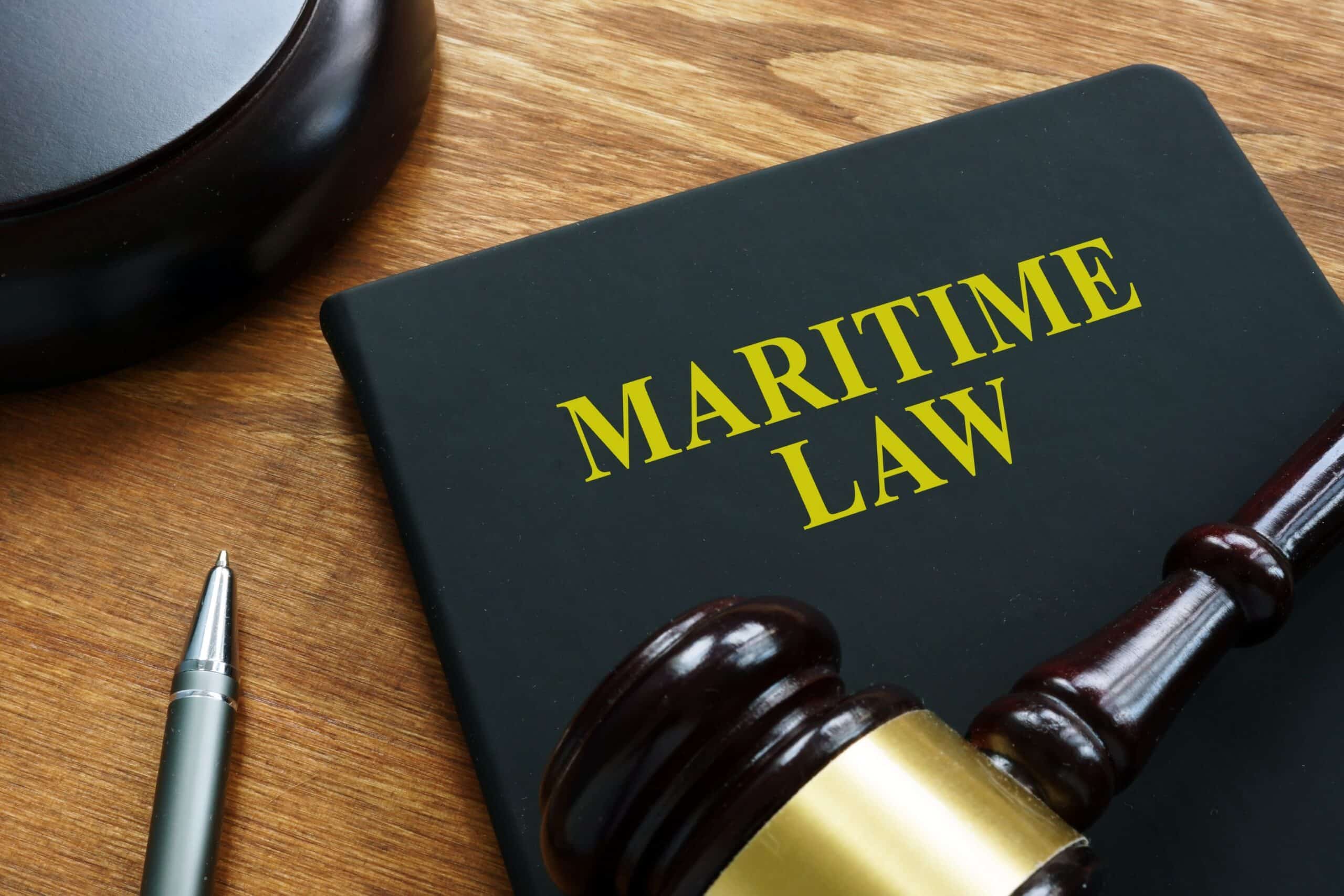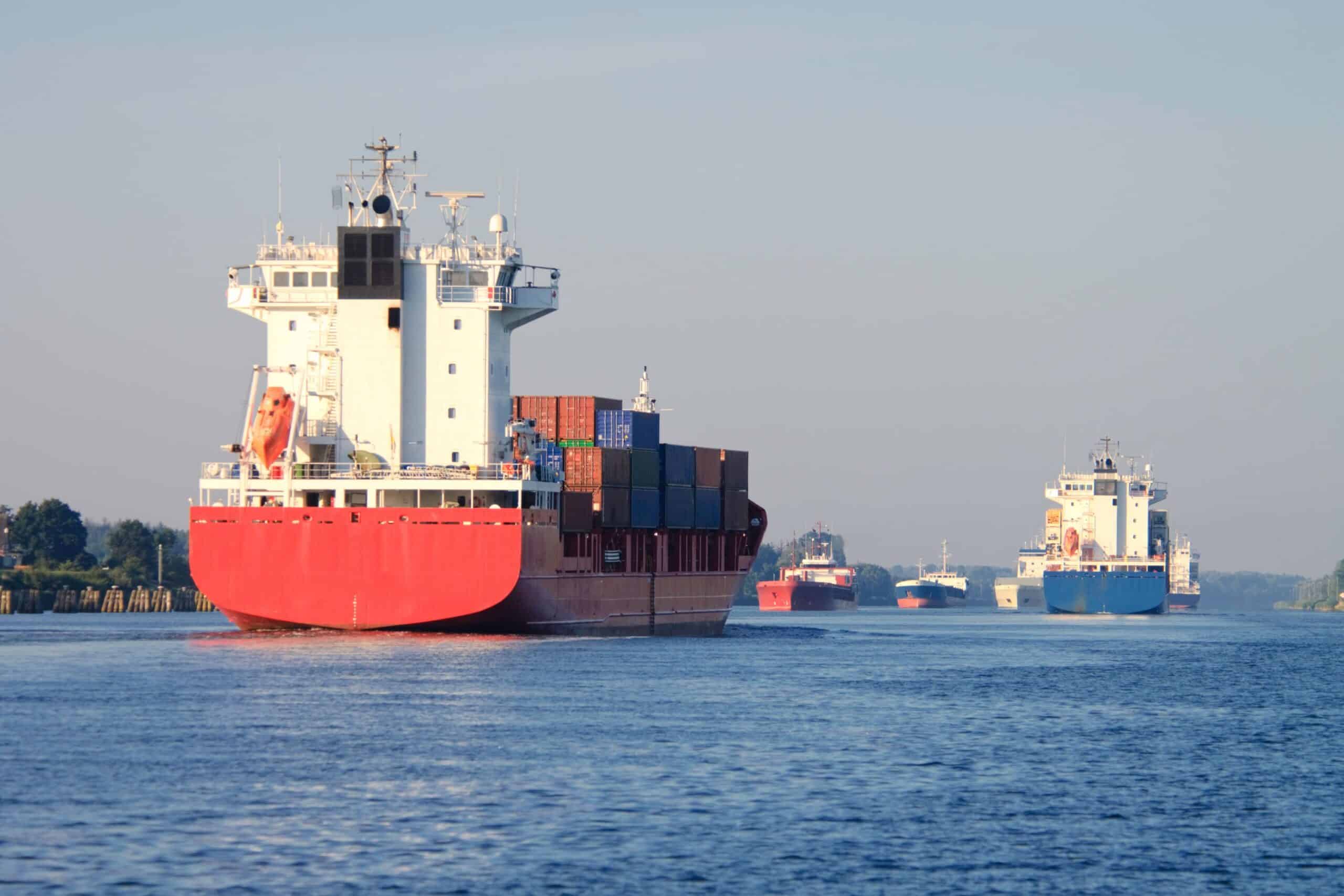Cruise ships have become synonymous with luxury and leisure, offering passengers a dream vacation experience. However, behind the scenes, a dedicated crew works tirelessly to ensure smooth operations. Unfortunately, accidents and injuries can occur, and when they do, these crew members must be protected. In the United States, the Jones Act and maritime laws play a vital role in safeguarding the rights and well-being of injured cruise ship crew members.
Understanding the Jones Act
The Jones Act, also known as the Merchant Marine Act of 1920, is a federal law that grants seamen the right to seek compensation for injuries sustained on the job. It applies to any vessel engaged in trade between U.S. ports, including cruise ships. Under the Jones Act, injured crew members can file a personal injury claim against their employer for negligence, unseaworthiness, or both.
To qualify for protection under the Jones Act, an injured crew member must meet the legal definition of a “seaman.” This means spending significant time working aboard a vessel “in navigation” and contributing to the vessel’s mission. The Jones Act provides crew members the right to seek compensation for medical expenses, lost wages, pain and suffering, and other damages resulting from their injuries.
Maritime Law and Protection for Crew Members
In addition to the Jones Act, other maritime laws and regulations work in conjunction to protect the rights of cruise ship crew members. The General Maritime Law covers various legal principles that govern maritime activities, including the rights and responsibilities of vessel owners and operators. It ensures crew members receive maintenance and cure, which involves providing them with necessary medical treatment and covering their living expenses until they reach maximum medical improvement.
The doctrine of “unseaworthiness” is another critical aspect of maritime law. According to this doctrine, vessel owners are legally obligated to maintain their ships safely, free from hazards that could potentially harm crew members. If a crew member is injured due to an unseaworthy condition, they may seek compensation from the shipowner or operator.
In negligence cases, crew members can pursue a personal injury claim under the Jones Act. Negligence can encompass various situations, such as inadequate training, unsafe working conditions, or failure to provide necessary safety equipment. By holding employers accountable for their negligence, the Jones Act serves as a crucial deterrent, encouraging cruise ship operators to prioritize the safety and well-being of their crew members.

The Jones Act and maritime laws play a significant role in protecting injured cruise ship crew members. By providing them with legal remedies, these laws ensure crew members receive the compensation they deserve for their injuries and the hardships they endure while working at sea. The Jones Act’s definition of a seaman and its provisions for compensation give injured crew members the means to seek justice for their pain and suffering, lost wages, medical expenses, and other damages.
The General Maritime Law and the doctrine of unseaworthiness provide additional layers of protection, holding shipowners accountable for maintaining a safe working environment. Collectively, these laws incentivize cruise ship operators to prioritize safety, training, and equipment to prevent accidents and injuries from occurring in the first place.
As cruise ships continue to be a popular mode of travel and tourism, the rights and well-being of crew members must be protected. The Jones Act and maritime laws ensure that injured crew members have the legal recourse they need to recover physically, emotionally, and financially after such unfortunate incidents. Crew members must be aware of their rights and consult with experienced maritime attorneys to navigate the complex legal process and maximize their chances of obtaining fair compensation.

The Jones Act and maritime laws serve as a powerful shield, protecting injured cruise ship crew members and providing them with the necessary legal framework to seek justice. These laws establish the rights of seamen and hold shipowners accountable for their negligence or failure to maintain a safe working environment.
If you or someone you know is a cruise ship crew member injured while on duty, it is crucial to consult with an experienced maritime attorney specializing in personal injury claims. They can guide you through the legal process, help gather evidence, and fight for your rights to ensure you receive the compensation you deserve.
The Jones Act and maritime laws are designed to protect you. Your dedication and hard work should not go unnoticed, and in the event of an injury, you have the right to seek fair compensation for the physical, emotional, and financial toll it may have taken on your life.
About the Author:
Andrew Winston is a partner at the personal injury law firm Winston Law. For over 20 years, he has successfully represented countless people in all personal injury cases, focusing on child injury, legal malpractice, and premises liability. He has been recognized for excellence in representing injured clients by admission to the Million Dollar Advocates Forum and named one of America’s Top 100 High-Stakes Litigators. Mr. Winston is AV Preeminent Rated by the Martindale-Hubbell Law Directory, enjoys a 10.0 rating by AVVO as a Top Personal Injury Attorney, and has been selected as a Florida “SuperLawyer” from 2011-2022– an honor reserved for the top 5% of lawyers in the state – was voted to Florida Trend’s ”Legal Elite,” recognized by Expertise as one of the 20 Best Fort Lauderdale personal injury attorneys, named one of the Top 100 Lawyers in the Miami area for 2015-2022, and one of the Top 100 Lawyers in Florida for 2015-2017 and 2019-2022.







